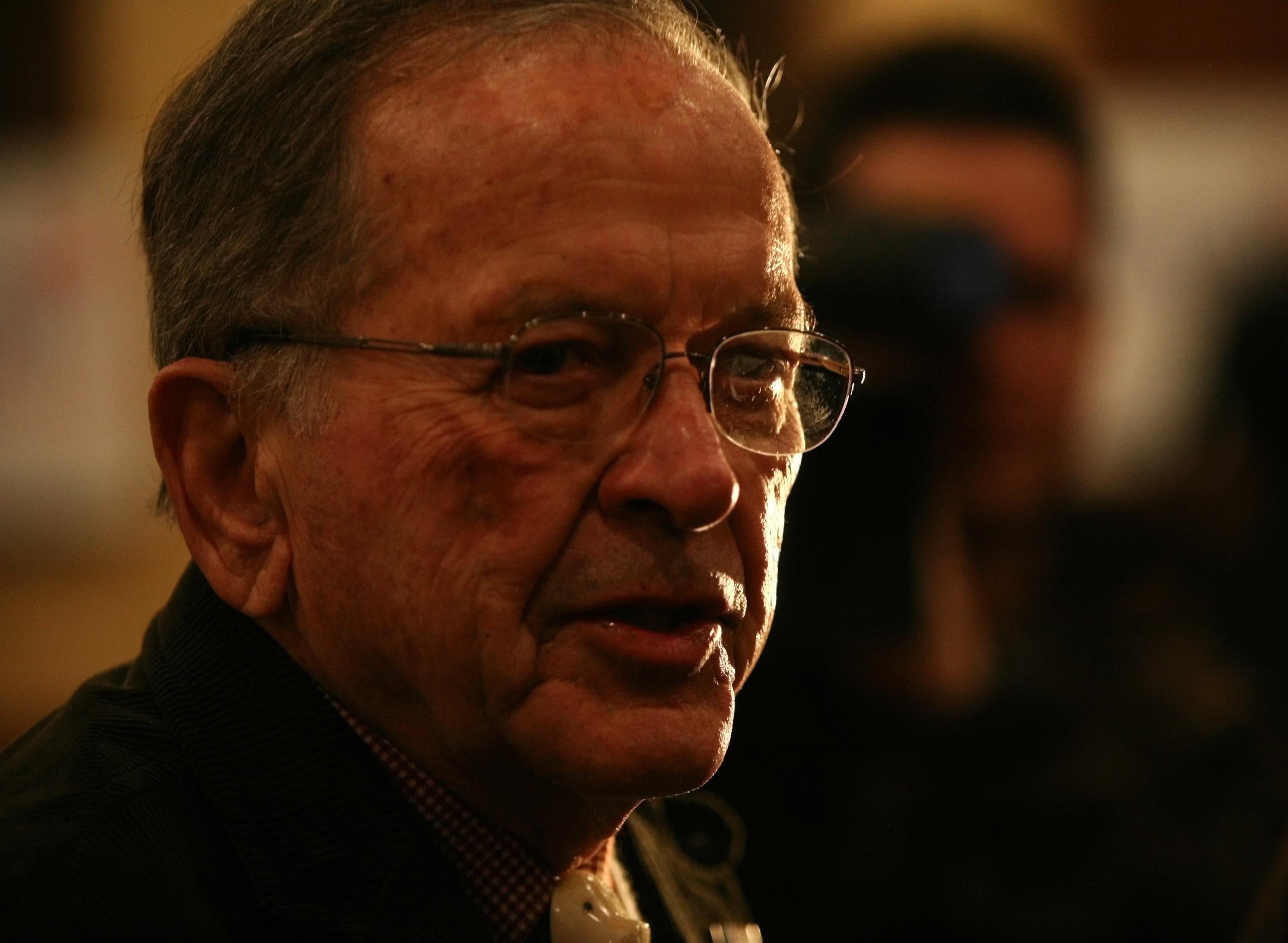On May 9, 2006, I published an op-ed in the Baltimore Sun. It discussed a little-known term at the time, “net neutrality,” and the manner in which proposed telecommunications legislation might change the way Americans interacted with the Internet. (Columbia law professor Tim Wu first coined the phrase in 2003; Wu is a Future Tense fellow at the New America Foundation.)
Then I got lucky: Matt Drudge linked to the piece the next day. The topic popped up on bulletin boards and blogs and entered public discussion.
The cable and telephone interests that wanted to end net neutrality protested to the Baltimore Sun for equal time. A few months later, former Clinton White House spokesman (and corporate telecom lobbyist) Mike McCurry and a colleague published an op-ed titled “Don’t Let Internet Bullies Stifle Reform.” It’s funny now to think that advocates of net neutrality were ever considered the “bullies” in the equation.
Soon after, the then-chair of the Senate’s Commerce Committee, the late Senator Ted Stevens, R-Alaska, made an incoherent, slurring speech on the floor of the Senate in support of ending net neutrality. He apparently was arguing that the Internet could not survive without its “tubes” being unclogged. Here are his exact words:
Ten movies streaming across that, that Internet, and what happens to your own personal Internet? I just the other day got … an Internet [that was] sent by my staff at 10 o’clock in the morning on Friday. I got it yesterday [Tuesday]. Why? Because it got tangled up with all these things going on the Internet commercially … They want to deliver vast amounts of information over the Internet. And again, the Internet is not something that you just dump something on. It’s not a big truck. It’s a series of tubes. And if you don’t understand, those tubes can be filled and if they are filled, when you put your message in, it gets in line and it’s going to be delayed by anyone that puts into that tube enormous amounts of material, enormous amounts of material.
The “tubes” speech remains infamous. YouTube is filled with remixes set to music, and Jon Stewart did a legendary take-down that continues to resonate. Stevens and his tubes metaphor will go down in history as one of this century’s most counterproductive and least persuasive examples of political rhetoric. Anybody looking into “net neutrality” on their own following Stevens’ speech could see just how transparently manipulative the cable and telephone companies were being. The 2006 bill to end net neutrality died.
But Tuesday, the D.C. Circuit Court struck down net neutrality by ruling against the FCC’s Open Internet Orders in Verizon v. FCC. Implemented in 2010, the FCC Open Internet Orders that protected net neutrality were designed to insure nondiscriminatory practice across Stevens’ “tubes.” Now Verizon is free to prioritize the Web for you. It can decide which websites reach you quickly, which are slowed down, and which never get to your computer or mobile device. It and its cohorts have an enormous amount of control over the public sphere that they did not possess earlier this week. As I warned in 2006:
Many people believe the Internet’s decentralized structure guarantees that no company or oligopoly could control it. Internet censorship - whether by corporate or state interests - simply sounds impossible. Yet not only is it theoretically possible, but the history of telecommunications regulation tells us it is probable. By the time the telecoms start changing what you see on your screen, it will be too late to complain.
There is discussion of an appeal to the Supreme Court, but a reversal appears unlikely. To ensure the internet’s continued democratic utility there will need to be more public debate and education. Legislators need to be pressured. They, after all, supervise the FCC and write the laws that are adjudicated by the courts.
What we need, frankly, is another Sen. Stevens decrying clogged tubes.
